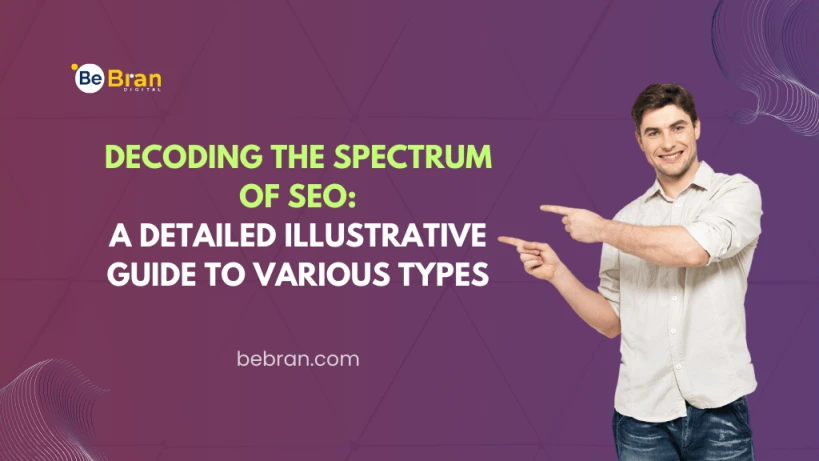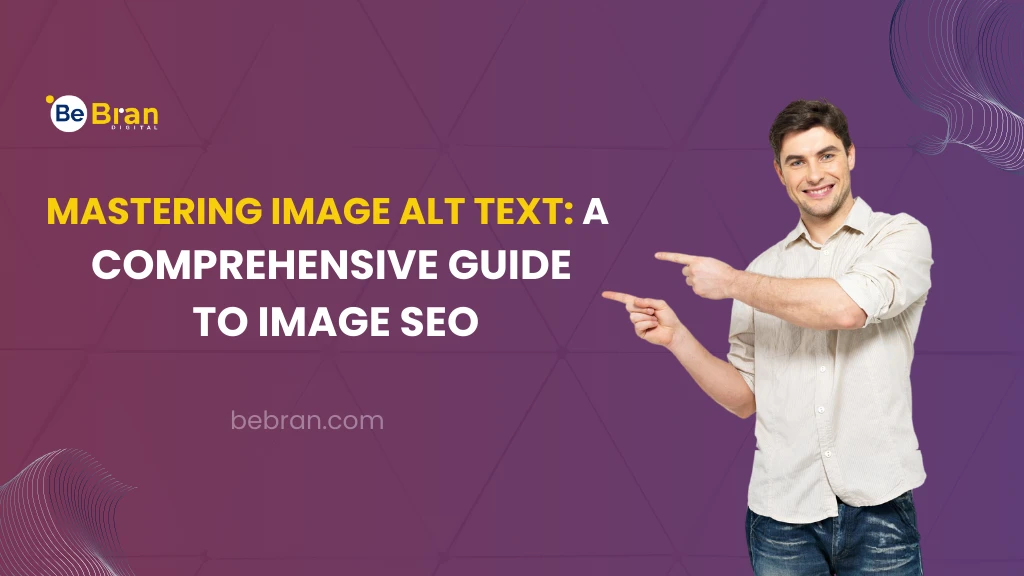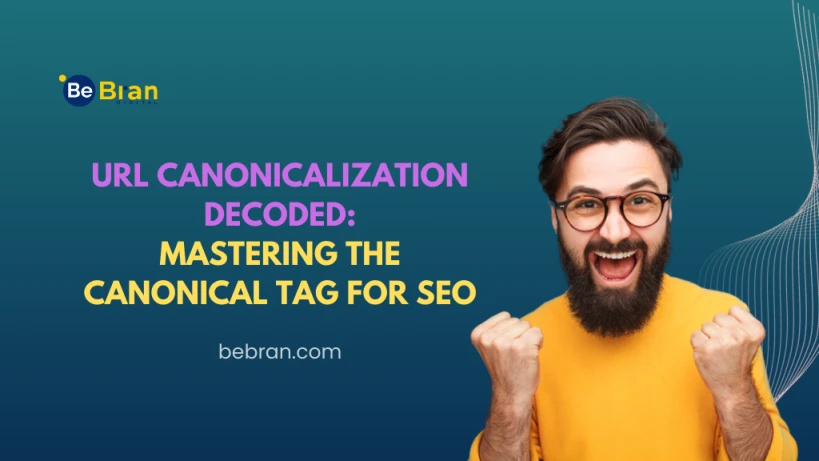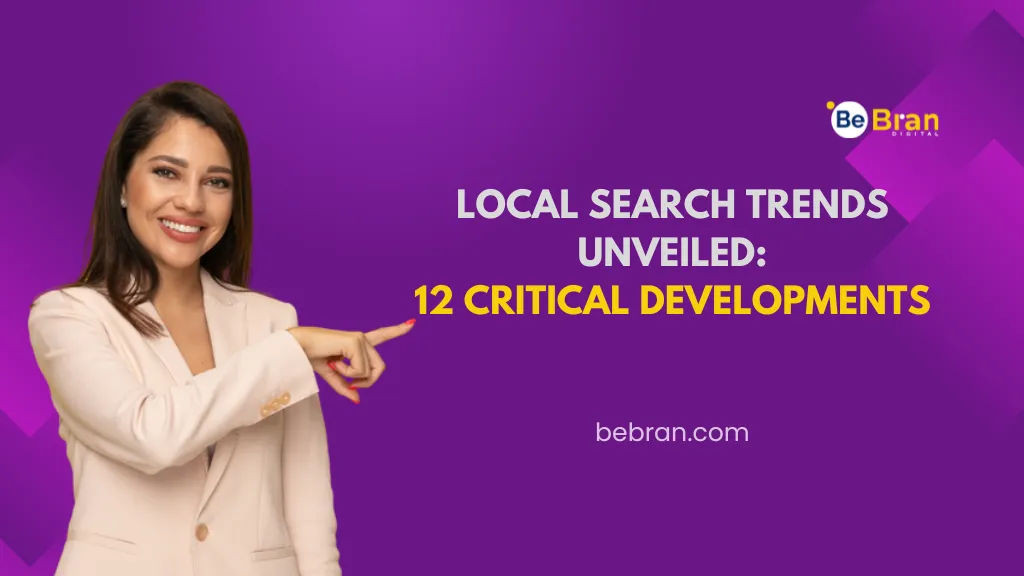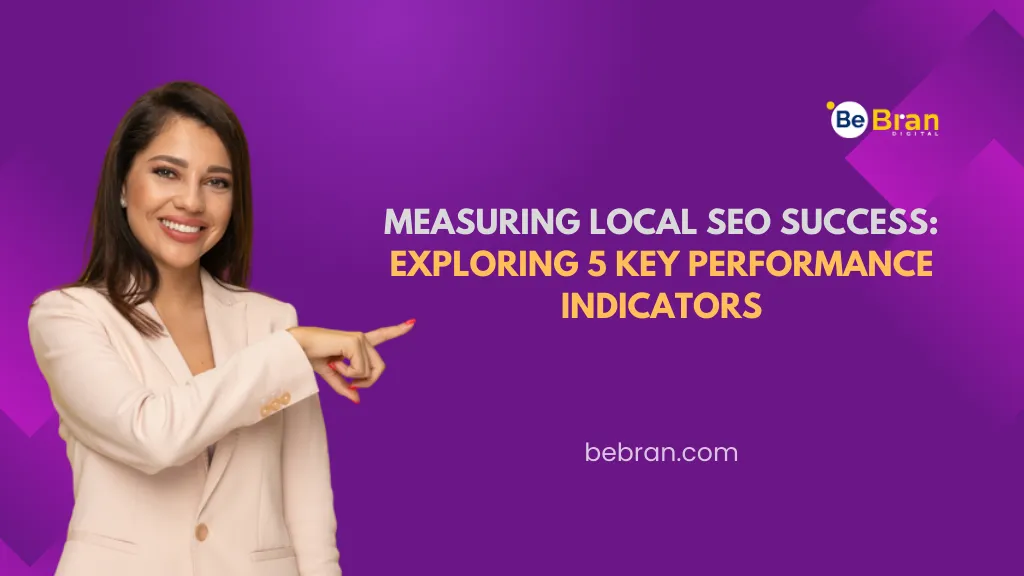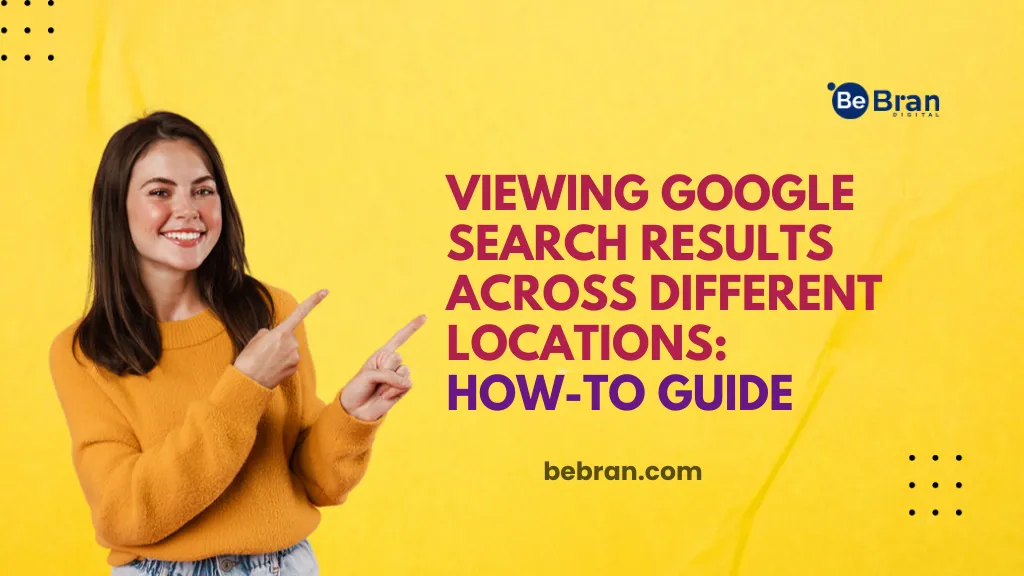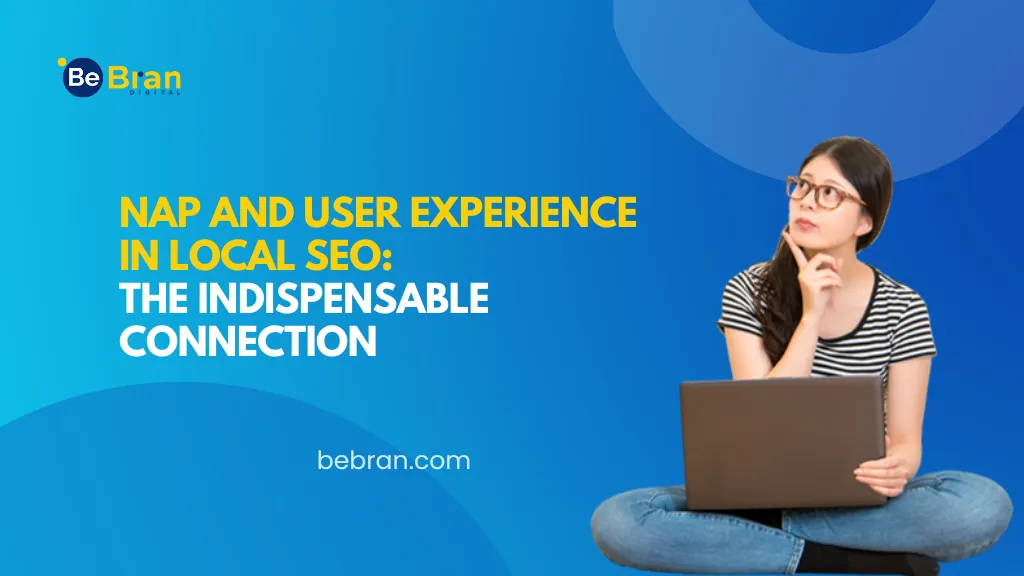
In today's rapidly evolving digital landscape, artificial intelligence (AI) is reshaping the way we approach SEO. With the emergence of AI content and AI-generated articles, the content creation realm is witnessing a revolution like never before. But, as with any technology, it's crucial to use it responsibly and align with search engine guidelines. "Understanding Google's New AI and SEO Rules" delves into the intricate relationship between AI and SEO. We'll unpack Google's latest recommendations on ai content, demystify the world of SEO writing ai, and help you navigate the complexities of producing AI-generated content that not only appeals to algorithms but also provides genuine value to readers. Welcome to the future of content creation; let's explore it together!
The Rise of AI in Content Creation
The digital content landscape has undergone radical changes over the past decade, with one of the most notable shifts being the integration of artificial intelligence. AI content, whether it's AI-generated articles or smart content optimization tools, is reshaping the way we produce and consume digital content.
Historically, Google's primary concern has always been to offer users the most relevant and high-quality results. With the emergence of AI-generated content, Google has updated its guidelines to ensure that such content maintains a standard that's beneficial to its users.
In recent years, there's been a growing curiosity about how search engines, particularly Google, perceive AI-generated content. Does Google approve of this approach? How can you ensure your content remains SEO-friendly when leveraging these new technologies? Let's dive into Google's perspective on this emerging trend.
As the digital world evolves, so does how we produce content. AI content, which refers to articles, posts, or any form of content generated using artificial intelligence, has carved a significant niche for itself. This method promises efficiency, scalability, and often, a higher level of precision.
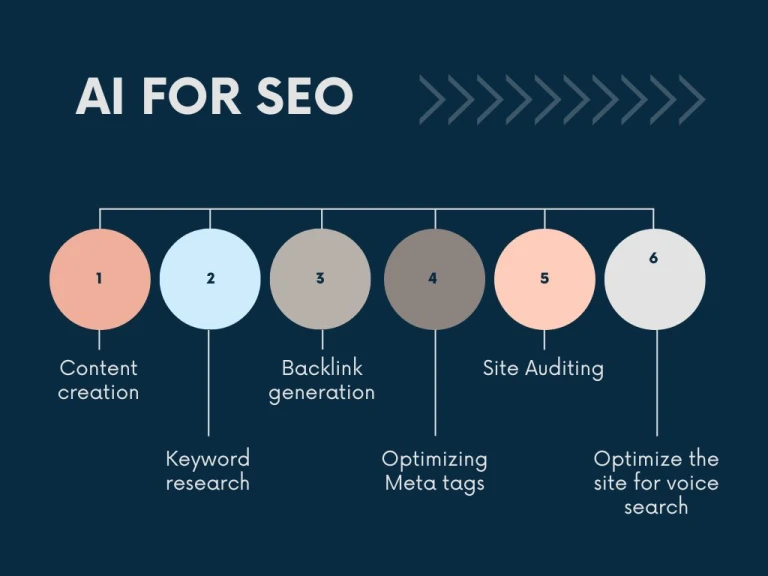
Interestingly, Google doesn't dismiss AI-generated content outright. However, they prioritize content that offers value to the reader, regardless of its origin. This means that while AI can assist in generating the content, it's essential that the final piece is informative, relevant, and user-centric.
A challenge that arises with the surge of AI-generated content is maintaining authenticity. Google has always championed unique and genuine content. While SEO writing AI can produce vast amounts of content rapidly, ensuring that it's both original and valuable becomes paramount. Relying solely on AI without human oversight can sometimes lead to generic or repetitive content.
Regardless of whether the content is human-written or AI-generated, Google's mantra remains the same: prioritize quality over quantity. The ultimate goal should be to provide readers with valuable insights, answers, or entertainment. Thus, even as we harness the power of AI for content creation, adhering to best practices of SEO and content quality is essential.
With the potential of AI-generated content comes a responsibility. Google encourages transparency. If content is predominantly created by AI, it's a best practice to disclose this to readers. Not only does this maintain trust, but it also ensures that you are aligning with the ethical use of advanced technologies.
As we navigate the era of AI-generated content, keeping in tune with Google's guidelines will be crucial for SEO success. It's not about humans versus machines; it's about harmonizing the two to produce high-quality, impactful content for audiences worldwide.
Navigating the digital landscape requires adaptability, especially with technological advancements like AI shaping the future of content creation. Google, the search engine titan, has always been at the forefront of these shifts, ensuring that quality and user intent remain paramount. Their latest guidelines centered on AI-generated content offer a roadmap for creators, emphasizing authenticity, user experience, and content quality. In this section, we delve into the key recommendations from Google's AI content guidelines, providing a clear understanding of how to integrate AI tools, such as SEO writing AI, effectively while maintaining a genuine connection with the audience
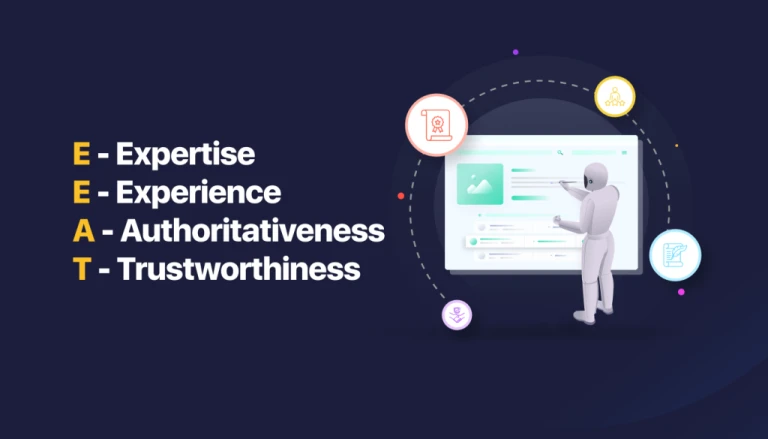
Google emphasizes the need for transparency. If content is AI-generated, it should be disclosed to the readers to maintain trust and authenticity.
In today's digital landscape, Google places a strong emphasis on the authenticity of the content. With the rise of AI content and its growing influence, there's a responsibility on the part of content creators and publishers to be transparent. If a piece is predominantly crafted using SEO writing AI tools or any AI-generated content mechanism, it's imperative to disclose this fact to the readers. Such transparency doesn't diminish the content's value; instead, it fortifies trust between the publisher and the audience, ensuring that the spirit of authenticity remains intact.
AI's prowess in content creation is undeniable. However, the potential of ai-generated content extends beyond mere generation – it's about enhancing the user experience. While AI tools can produce content efficiently, the final output should cater to the reader's needs, providing them with readable, engaging, and valuable information. Leveraging SEO writing AI capabilities to craft content tailored to user intent can significantly uplift the overall user experience, bridging the gap between automation and the human touch.
The narrative around SEO has witnessed a paradigm shift. Gone are the days when sheer volume could secure top rankings. Today, Google's algorithms prioritize content quality, relevance, and user intent above all else. AI-generated content tools offer promise in this domain, not by merely increasing content volume but by amplifying its quality. By integrating SEO writing AI into content strategies, creators can ensure that their content aligns with user intent, offers genuine value, and stands out in the vast digital ocean. In essence, AI is not a shortcut to content production but a means to elevate its quality to match evolving SEO standards.
With the increasing use of SEO writing AI, there's a shift from traditional keyword stuffing to understanding user intent and crafting content that genuinely answers user queries.
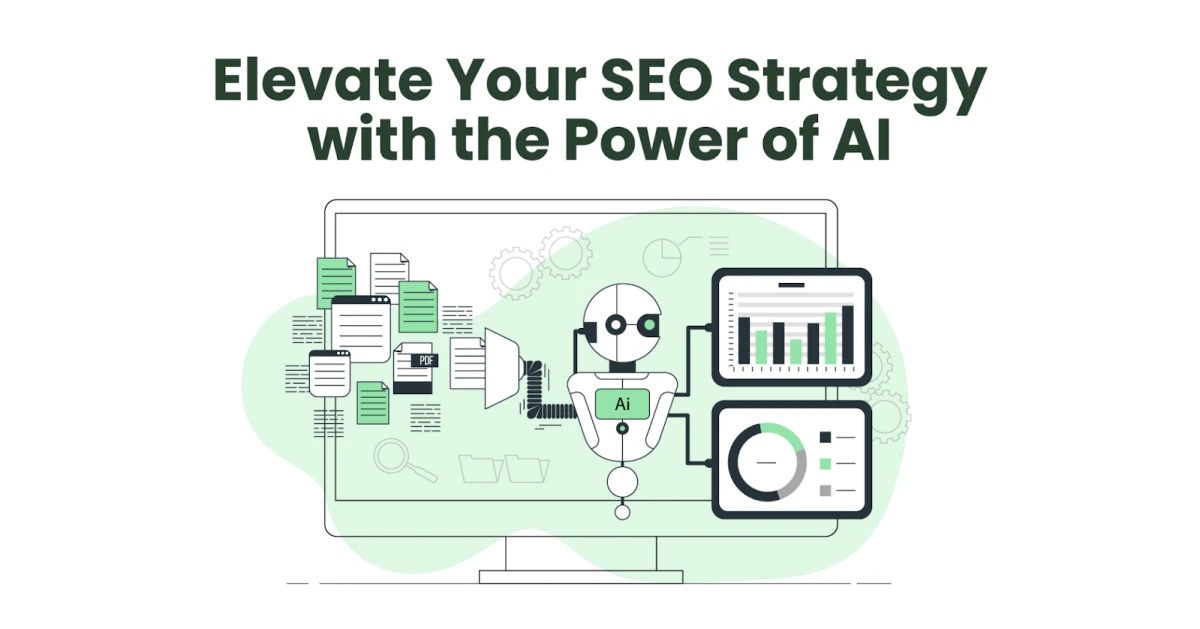
The world of SEO writing is rapidly evolving, and AI advancements are playing a significant role in this transformation. The fusion of AI technologies with traditional SEO practices is creating a dynamic landscape. Let's break down how this integration is reshaping SEO writing:
Modern SEO isn't just about keyword optimization. With the incorporation of AI tools, content creators can better understand and predict user intent. This ensures that the content being produced aligns more closely with what users are genuinely searching for.
AI-generated content tools are emerging as powerful aids for writers. These tools, while not replacing human writers, can generate ideas, suggest phrasings, and even create short passages, streamlining the content creation process.
SEO writing AI tools can perform advanced keyword research, diving deep into semantics and contextual relevance. This means that content can be optimized for a wider range of related terms, not just exact keyword matches.
AI content tools can evaluate the readability of content, suggesting changes to enhance comprehension and engagement levels. This ensures that even complex topics become accessible to a broad audience.
One of the most significant advantages of AI in SEO writing is the ability to deliver personalized content to users based on their preferences, search history, and behavior, all at an unprecedented scale.
AI can forecast emerging trends, allowing SEO writers to create content that addresses topics even before they become widely searched. This proactive approach can position content at the forefront when a topic gains traction.
As voice searches become more prevalent, SEO writing needs to adapt. AI tools assist in optimizing content for voice search by focusing on natural language patterns and question-based queries.
In essence, the symbiosis between SEO writing and AI advancements is ushering in a new era of digital content. Embracing these changes will be crucial for content creators aiming to remain relevant and effective in the ever-evolving digital landscape.
AI-generated content can be a boon for SEO professionals. It can identify gaps in content, optimize for relevancy, and ensure consistent updates, keeping the content fresh and relevant.
The integration of artificial intelligence within the content creation process is rewriting the playbook for SEO. Here are some of the most notable benefits that AI-generated content brings to the table:
Speed and Efficiency:
Consistency in Quality:
Enhanced Keyword Optimization:
Content Personalization:
Scalability:
Adaptability and Learning:
Cost Efficiency:
In conclusion, the infusion of AI into the domain of SEO writing promises a future where content is not just produced faster and more efficiently, but also resonates better with the target audience. Embracing the potential of AI-generated content can be a game-changer for businesses looking to enhance their digital footprint.
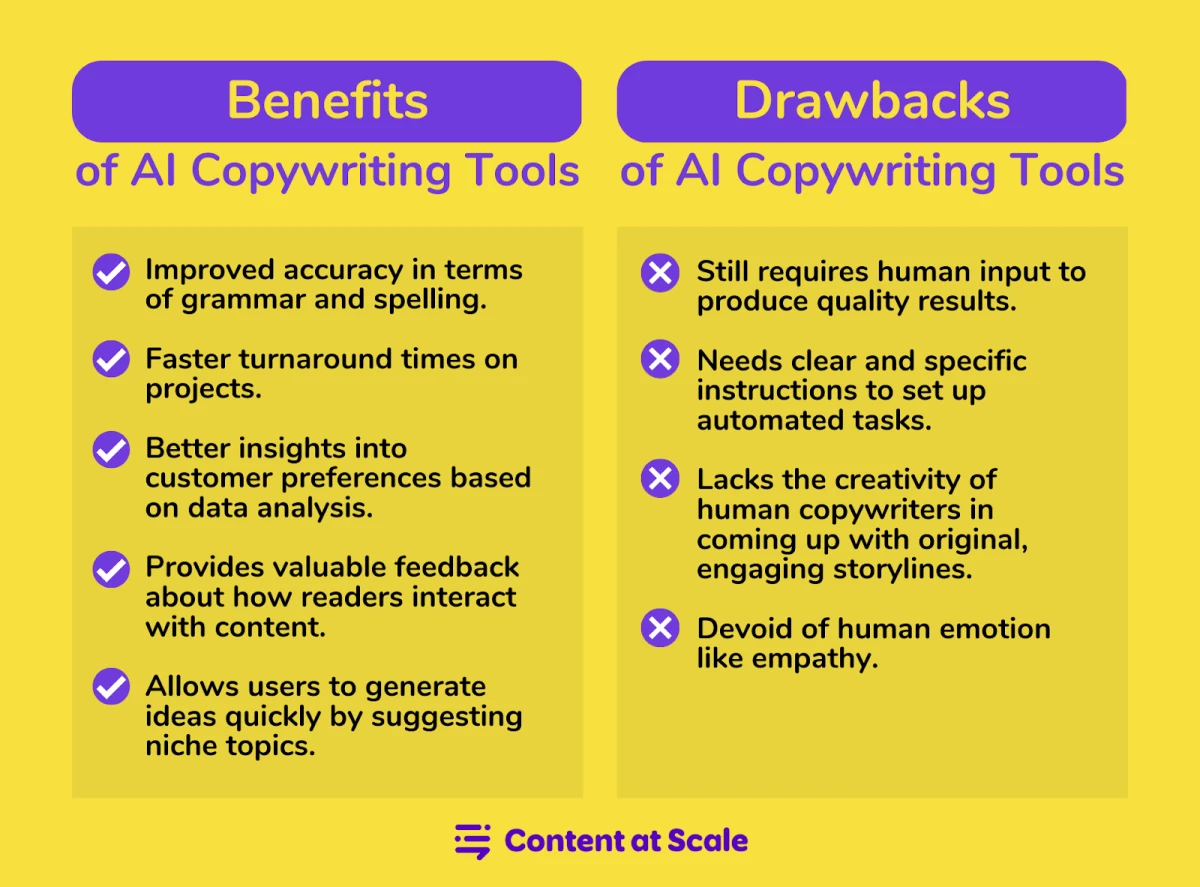
While AI offers numerous benefits, it's essential to understand its limitations. Over-reliance on AI can lead to content that lacks a human touch or misses nuanced interpretations of a topic.
As we delve deeper into the fusion of AI and SEO content creation, it's crucial to address the challenges and considerations that come with this integration. While the benefits are substantial, there are certain pitfalls that businesses and content creators need to be aware of:
Lack of Human Touch:
Dependency on Data:
Ethical Considerations:
Transparency: As AI-generated content becomes more prevalent, there's a growing demand for transparency. Users might want to know if the content they're reading was generated by AI or a human.
Content Authenticity: With the rise of deepfakes and misinformation, ensuring the authenticity of AI-generated content becomes paramount.
Over-Optimization:
Technical Limitations:
Cost Implications:
In essence, while SEO writing AI offers transformative potential for content creation, a balanced approach is necessary. Businesses and content creators need to blend the efficiency and scalability of AI with the creativity and emotional depth of human input, ensuring content remains authentic, engaging, and valuable to the audience.
As AI continues to influence the realm of content, understanding and adapting to Google's guidelines will be crucial for SEO success. Embracing AI-generated content while maintaining authenticity, quality, and user experience will be the path forward for SEO enthusiasts.
As the landscape of digital content continuously evolves, it's undeniable that AI is becoming a cornerstone in shaping how we approach SEO writing. "Understanding Google's New AI and SEO Rules" has shed light on the intricate dance between AI-generated content and the ever-changing criteria set by search engine giants. It's evident that while AI tools bring efficiency, scalability, and advanced data analysis to the table, the heart of content—authenticity, relevance, and user experience—remains paramount. As we adapt to these guidelines and harness the capabilities of AI, it's essential to strike a balance, ensuring our content not only ranks well but genuinely resonates with readers.
The future of SEO content writing, intertwined with AI, looks promising, but as always, it underscores the importance of adapting, learning, and prioritizing the end-user in all strategies.
Frequently Asked Questions
Q.1 What is AI content in the context of SEO writing?
AI content refers to text or information generated using artificial intelligence algorithms, specifically tailored for search engine optimization (SEO). These AI tools can create, suggest, or optimize content to improve its visibility on search engines.
Q.2 How does Google's stance on AI-generated content affect content creators?
Google emphasizes transparency and authenticity. If content creators use AI-generated content, they should disclose this to readers to maintain trust. While AI can assist in content creation, ensuring genuine value, readability, and user engagement remains paramount.
Q.3 Is there a difference between AI content and AI-generated content?
Essentially, both terms refer to content produced with the help of artificial intelligence. However, "AI-generated content" typically refers to text fully created by an AI, while "AI content" can be broader, including content optimized or informed by AI but not necessarily created by it.
Q.4 Does using SEO writing AI guarantee better rankings on Google?
Not necessarily. While SEO writing AI can enhance the optimization of content, Google's algorithms consider various factors, including user experience, authenticity, and content relevance. AI tools should be used to complement good content practices, not replace them.
Q.5 What are the potential benefits of using AI-generated content for SEO?
AI-generated content can offer scalability, quick content creation, and data-driven optimizations. When used correctly, it can enhance keyword density, adapt to changing SEO trends swiftly, and provide insights on user intent, making content more tailored to the audience.
Q.6 Are there any concerns about relying heavily on AI for SEO content writing?
Yes, over-reliance on AI can lead to content that lacks a genuine human touch, authenticity, or relevance to the audience. While AI tools can be efficient, it's essential to ensure that content remains user-centric, readable, and genuinely valuable to maintain trust and engagement.

